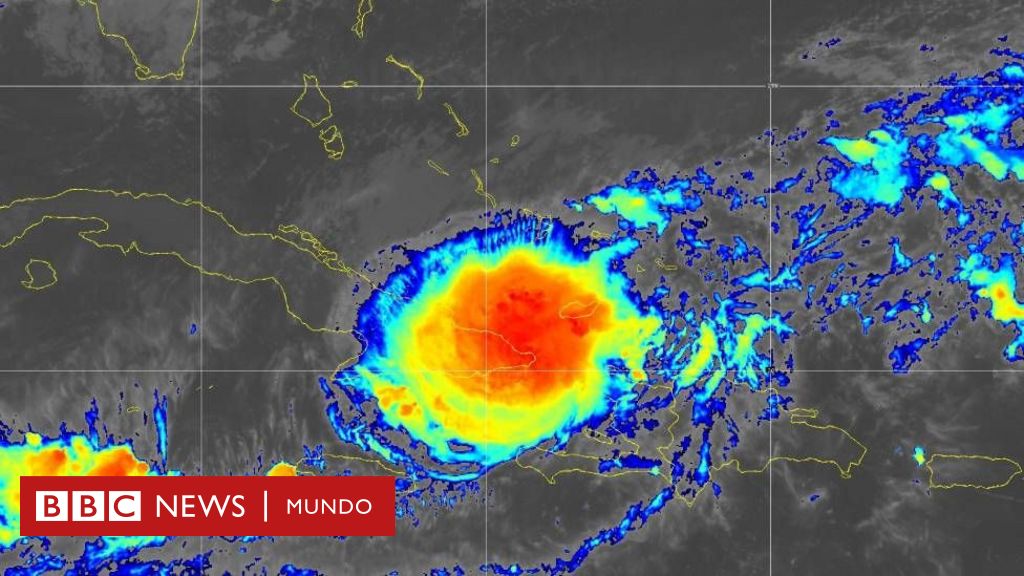La Jornada – The right and far-right sweep the European elections

Madrid. The majority of citizens called to the polls on Sunday in the 27 European Union countries voted overwhelmingly for options for the traditional right and an emerging far-right with neo-fascist undertones.
Of the total 720 seats that make up the European Parliament, around 497 will belong to conservative or extreme forces, while social democratic, “green” and anti-capitalist formations registered overall declines.
In Italy, France and Austria, parties with a neo-fascist and far-right message have become the first force, while in Germany, the country that was the cradle of Nazism in the twentieth century, the parties have placed themselves in second place.
The election results caused a political storm, with early elections being held in France, the resignation of Belgian Prime Minister Alexander De Croo, and underlying anxiety about the future of the community project.
Just one week after commemorating the 80th anniversary of the Normandy landings, which were the first step towards the decisive defeat of the Nazi army, the European Union suddenly turned towards the far right. Among the six founding countries of the Community Project, five countries – Italy, France, the Netherlands, Belgium and Germany – have recorded relentless progress for this type of political formations, which are thriving in various parts of the world.
According to results provided by societal institutions, the European People's Party was the most voted-for party on the continent, reaffirming its position as the dominant party in the European Parliament with 191 deputies, nine more than it was five years ago.
But in the bloc of right-wing, liberal or extreme parties, more voices were concentrated than ever before: in the Renew Europe (RE) group, which defends neoliberal policies and calls for less state intervention, they added 83 deputies; The European Conservatives and Reformists Group, supported by Italian Prime Minister Giorgia Meloni, added 71 deputies; While the Identity and Democracy Party reached 57, and is led by Frenchwoman Marine Le Pen.
Moreover, in the right-wing bloc, there will be 45 seats for MPs not registered with any group, among them those added by the extremist Alternative for Germany party, which was expelled from its ID card for making inane comments about massacres committed by the Nazi SS. Finally, 50 other deputies from emerging parties, who have not participated in the elections yet, and belong to conservative groups.
The left bloc leads the second force in Parliament, the coalitions of social democratic parties, with 135 deputies, 19 of them less than five years ago. The Greens, with 52, and the group of anti-capitalist and anti-communist parties, which added 36. In all, MPs representing left-wing parties total 223, compared to 497 from the right and far right. However, the clearly pro-European formations still enjoyed large majorities: 191 seats for the EPP, 135 for the Social Democrats, and 83 for the Renewable Energy Party, which amounts to 409 seats.
The situation in Germany is particularly worrying, where the ruling Social Democratic Party led by Chancellor Olaf Scholz became the third force, with 15% of the vote, but it was also three percentage points behind the far-right Alternative for Germany party, despite the serious setbacks it suffered. This formation resulted in the withdrawal of its leaders from the campaign.
The advance of the far right has also, to a lesser or greater extent, shaken the political table in countries such as Croatia, Greece, Portugal, Belgium, Austria, Bulgaria, Malta, the Netherlands, Romania and Sweden. Hence the importance of the words of the German Ursula von der Leyen, called for re-election as President of the European Commission, who warned that “we will build a stronghold against extremists, both left and right.”
In Spain, the People's Party won by four percentage points over the Socialist Party of Prime Minister Pedro Sanchez, which nevertheless resisted opinion polls forecasting a collapse. The far-right Vox party has consolidated itself as the third force in the country, with six deputies, followed by the coalition of pro-independence forces, Ahora Republicas, with three deputies, and the left-wing coalition Somar – a central government partner – with another. three; The emerging right-wing populist force, Se Fino la Fiesta (SALF), with three. Finally, Podemos will have two deputies, one from the Junts per Catalunya (JxCat) party, and the other from the Basque Nationalist Party (PNV).

“Bacon advocate. Certified creator. Twitteraholic. Tv junkie. Beer fanatic. Internet nerd. Passionate thinker. Reader.”






